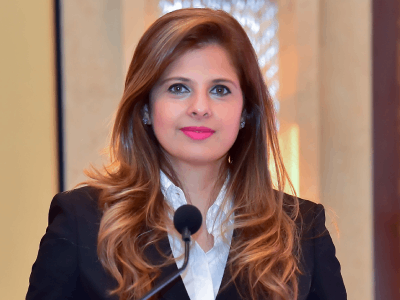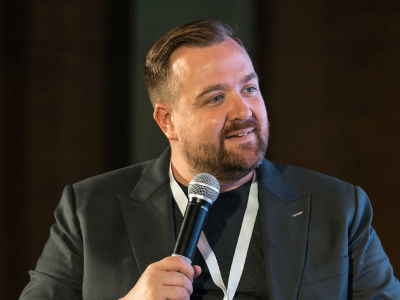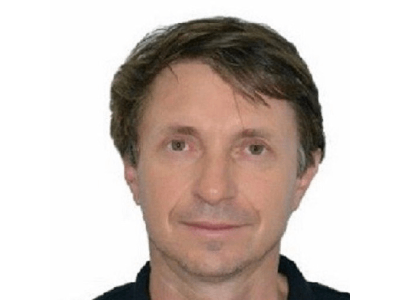Developing nations face significant hurdles in aligning their sustainable investments with the objectives of the Paris Agreement. Challenges include technological gaps, restricted access to funding, policy limitations, and governance concerns. The UNCTAD World Investment Report of 2023 underscores this struggle, revealing a substantial gap between the required renewable energy investments of about $1.7 trillion annually and the actual $544 billion attracted in 2022. The United Arab Emirates (UAE) has emerged as a standout example, showcasing how a developing country can overcome these obstacles. Through innovative strategies, partnerships, and a commitment to diversify its energy mix, the UAE's Net Zero by 2050 initiative has set an inspiring precedent for others. The UAE's experience underscores the potential for fostering technological capabilities, exploring novel financing mechanisms, and collaborating with global climate funds to navigate these challenges and advance collective climate action and sustainable development.
Session themes:
- Technological Capacity: Overcoming knowledge gaps and acquiring advanced technologies for low-carbon economies.
- Access to Funding: Developing strategies to secure investments for climate adaptation and mitigation.
- Governance and Regulation: Balancing climate policies with investor concerns and strengthening governance frameworks for project implementation.




